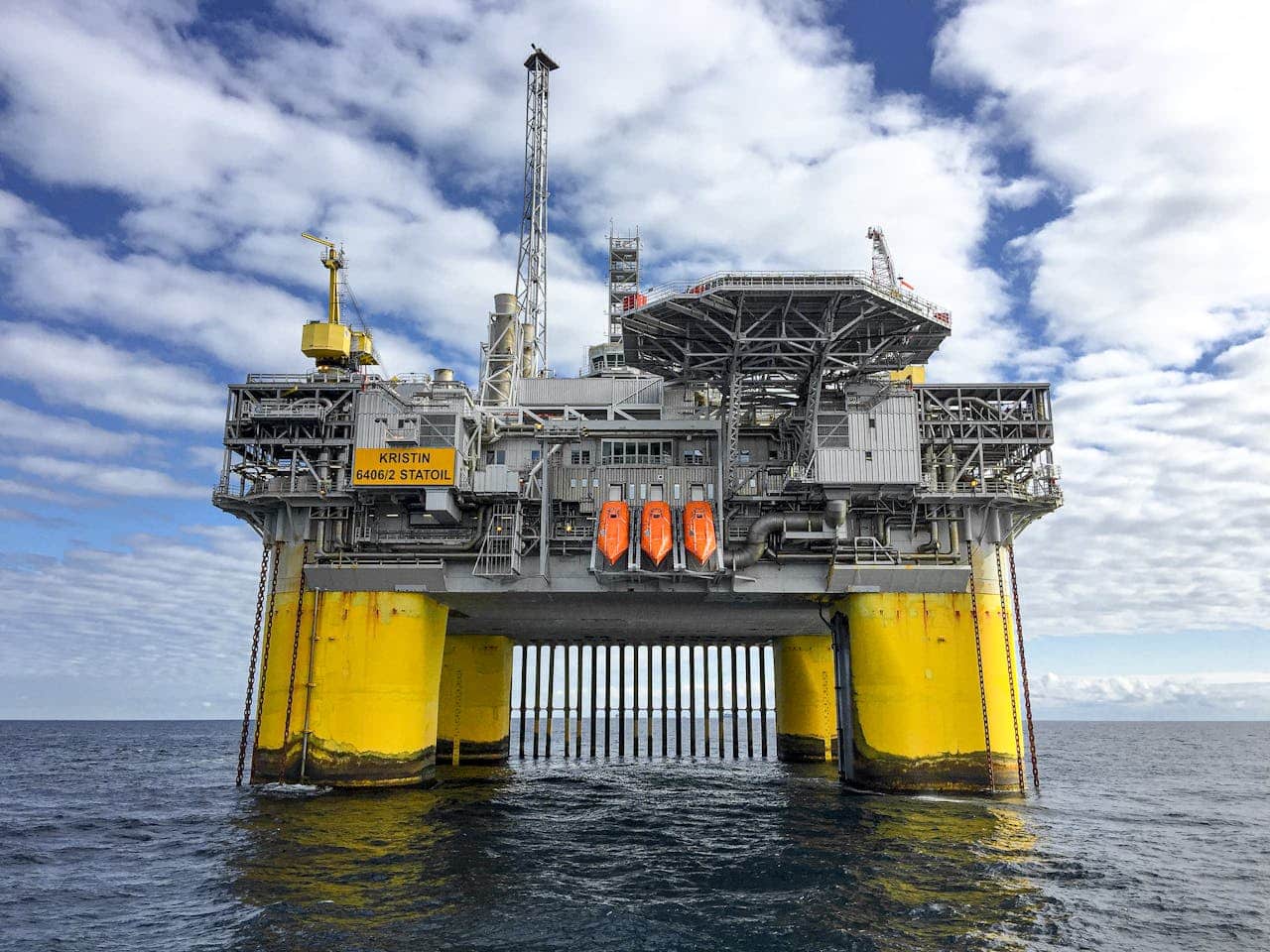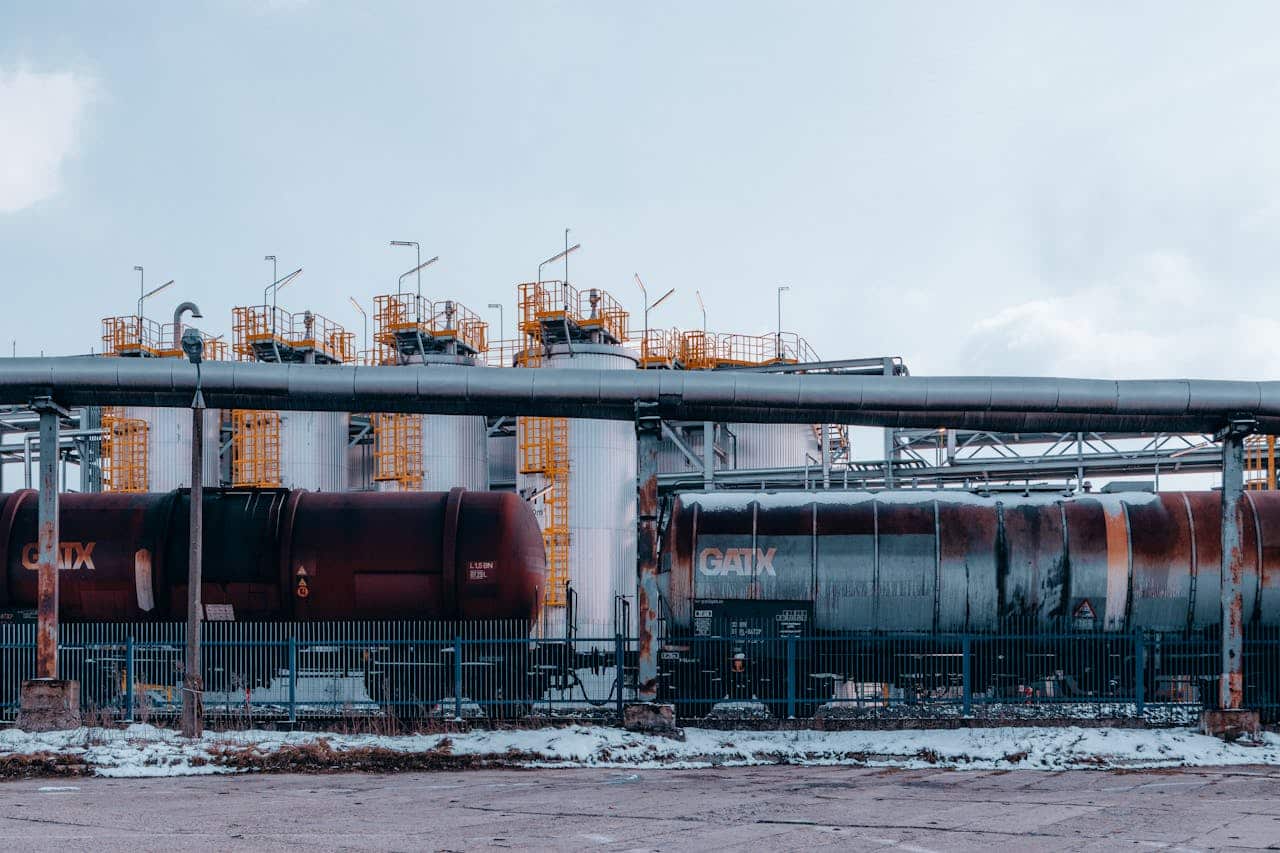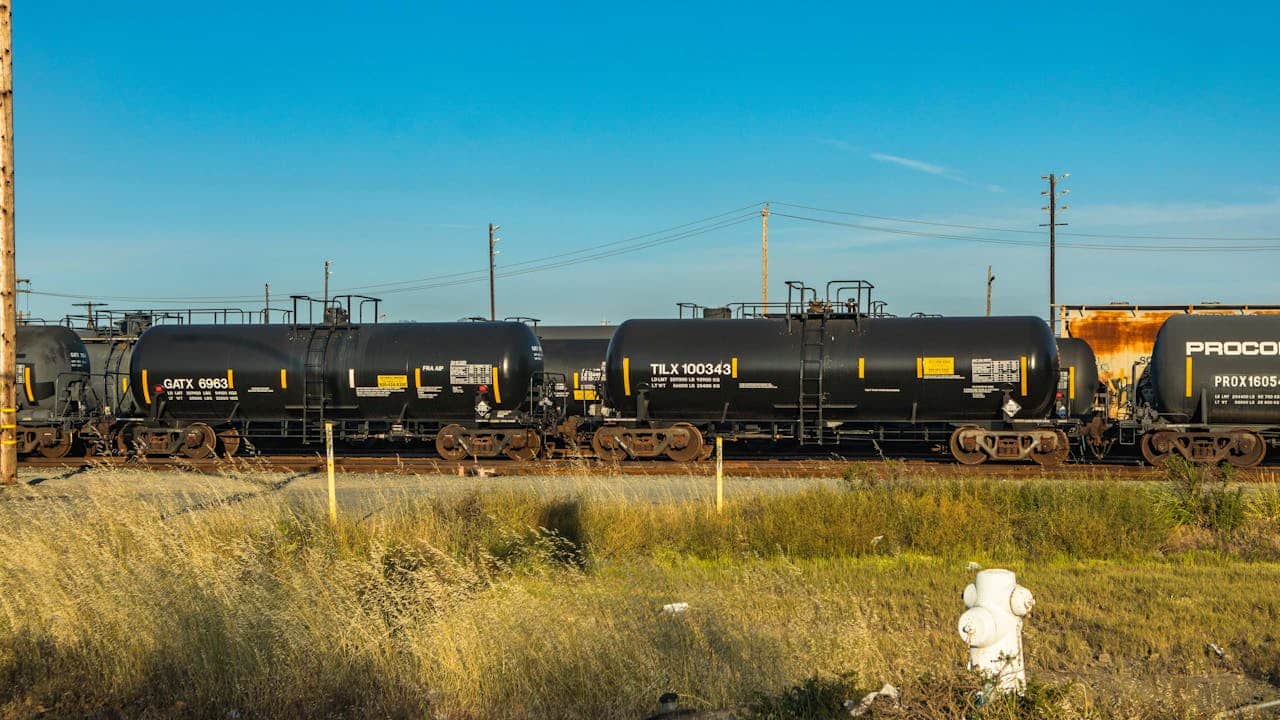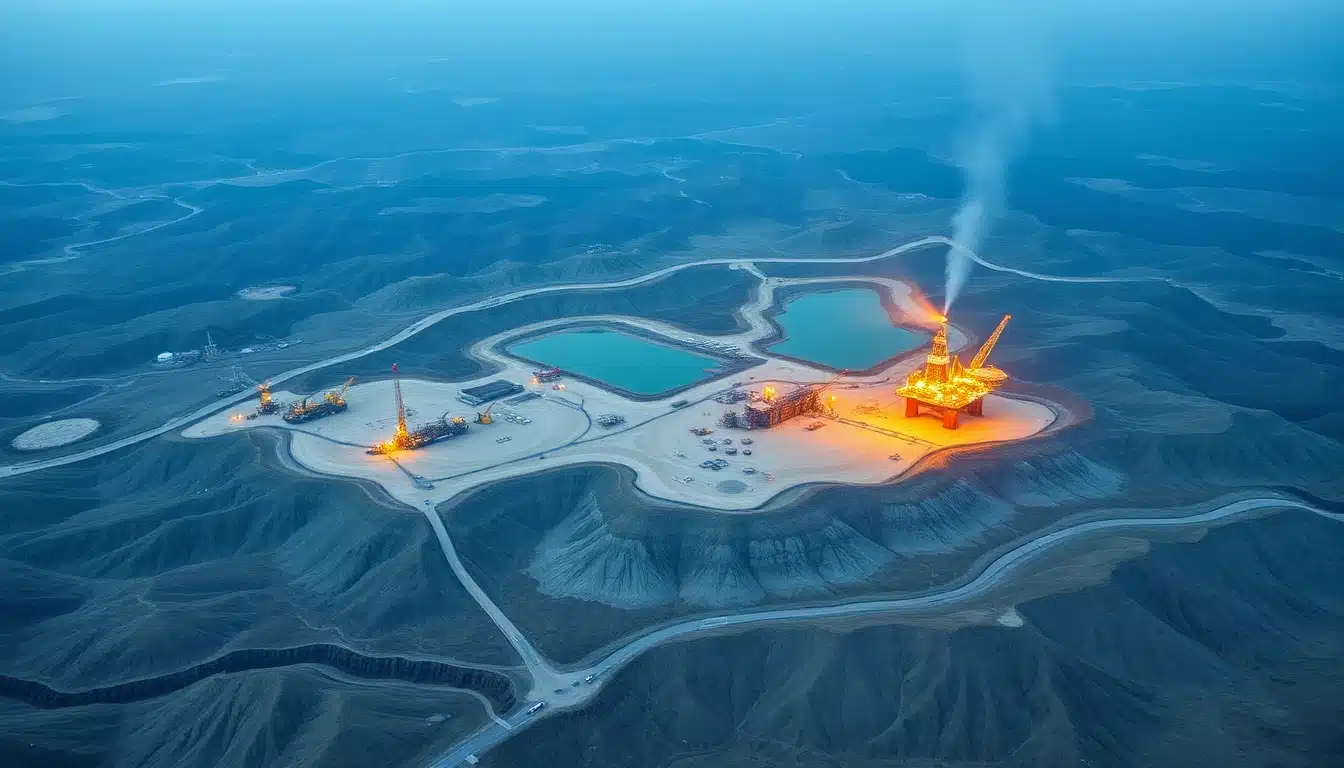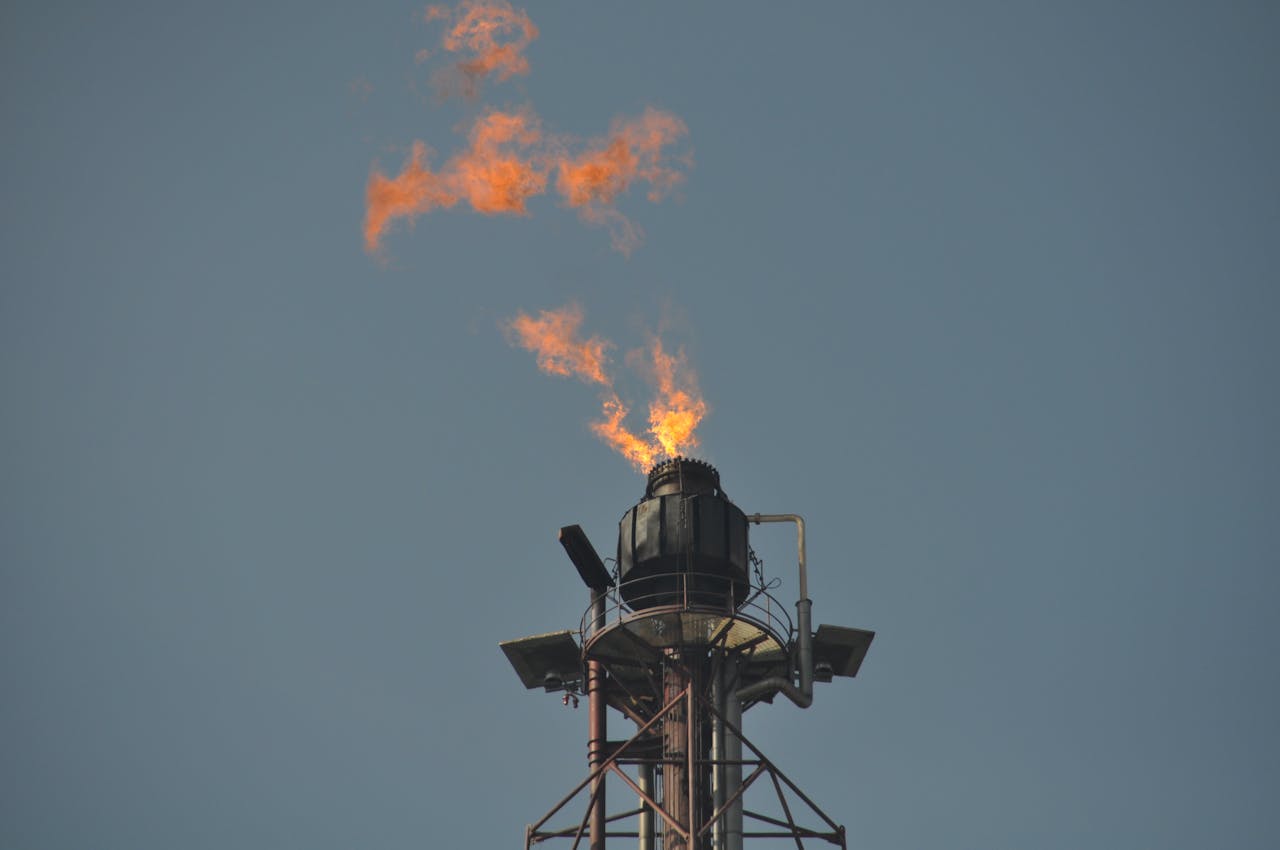Oil and Gas Industry Overview
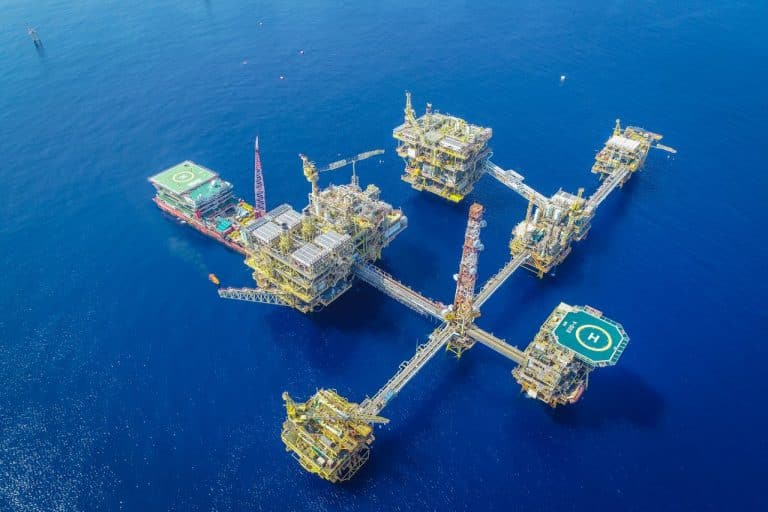
| Date | Format | Duration | Fees (USD) | Register |
|---|---|---|---|---|
| 30 Nov - 04 Dec, 2025 | Live Online | 5 Days | $3785 | Register → |
| 07 Dec - 11 Dec, 2025 | Live Online | 5 Days | $3785 | Register → |
| Date | Venue | Duration | Fees (USD) | Register |
|---|---|---|---|---|
| 16 Nov - 20 Nov, 2025 | Riyadh | 5 Days | $5775 | Register → |
| 17 Nov - 21 Nov, 2025 | London | 5 Days | $6305 | Register → |
| 15 Dec - 19 Dec, 2025 | Dubai | 5 Days | $5775 | Register → |
Did you know that in 2023, the United States produced more crude oil than any other country — ever? This compelling statistic underscores the critical importance of understanding global oil supply and demand in today’s energy sector.
Course Overview
The Oil and Gas Industry Overview course is meticulously designed to equip professionals with cutting-edge knowledge in upstream midstream operations, oil and gas prices, and petroleum value chains. This comprehensive programme focuses on industry regulations and policies, technological advancements in oil and gas, and environmental challenges in the industry to ensure participants can effectively navigate the complex landscape of the energy sector.
Why Select This Training Course?
Selecting this Oil and Gas Industry Course offers numerous advantages for professionals involved in exploration and production (E&P) and downstream distribution and marketing. Participants will gain advanced knowledge of oil markets crude oil, oil price analysis, and geopolitical impact on oil markets. The course provides hands-on experience with renewable energy integration and risk management in energy markets, enabling attendees to optimise their strategic decision-making effectively.
For organisations, investing in this training enhances overall operational efficiency and strengthens market understanding. By ensuring that personnel are well-trained in oil and gas investments and future trends in oil and gas, organisations not only protect their assets but also build sustainable practices. Research shows that companies implementing comprehensive strategies can significantly improve performance. For instance, U.S. President Joe Biden’s ban on new offshore oil and gas drilling along 625 million acres of ocean demonstrates the critical importance of understanding regulatory changes and adaptation strategies.
Individuals who complete this course will benefit from enhanced career prospects as they become more valuable assets in their respective fields. The skills acquired through this training can lead to professional growth and increased responsibilities within their organisations. Studies indicate that with Shell’s Vito platform demonstrating 70% reduction in operating expenses through technological innovation, the demand for skilled industry professionals continues to rise.
Transform your industry expertise – Join our next session!
Who is this Training Course for?
This course is suitable for:
- New entrants seeking a broad industry perspective.
- Professionals looking to expand their knowledge across industry segments.
- Managers and executives need a holistic view of operations.
- Analysts and consultants working in energy sectors.
- Policymakers and regulators in the energy field.
What are the Training Goals?
The objectives of this training course are to enable professionals:
- To master the complexities of the oil and gas industry’s structure and operations.
- To understand the integration of modern technology in industry practices.
- To analyse oil and gas’s economic, environmental, and strategic aspects.
- To prepare for leadership roles by understanding the full industry scope.
How will this Training Course be Presented?
The Oil and Gas Industry Overview Course employs a comprehensive and innovative approach to ensure maximum knowledge retention and skill development. Expert-led instruction from seasoned industry professionals forms the core of the course, providing up-to-date insights into modern industry practices and practical applications.
Our dynamic training methodology includes:
- Engaging interactive sessions with industry leaders, offering direct insights into current market trends
- Immersive workshops featuring real-world oil and gas scenarios and case studies
- In-depth demonstrations of cutting-edge technology applications in the sector
- Thought-provoking collaborative learning projects for practical application
- Comprehensive access to an extensive digital library filled with industry resources and best practices
This blended learning approach ensures participants gain both theoretical knowledge and practical skills essential for success in the oil and gas industry.
Ready to master the oil and gas industry? Secure your spot today!
Course Syllabus
Module 1: Upstream Operations
- Exploration techniques and geological surveys.
- Seismic data interpretation for oil and gas reserves.
- Drilling technologies and well management.
- Reservoir characterization and modeling.
- Primary, secondary, and tertiary recovery methods.
- Offshore vs. onshore exploration challenges.
- Environmental considerations in exploration.
- Safety protocols in drilling operations.
- Cost management in exploration projects.
- Legal and regulatory frameworks for upstream activities.
- Managing exploration risks and uncertainties.
- Innovations in subsurface data analysis.
Module 2: Midstream Logistics and Infrastructure
- Pipeline systems for oil and gas transportation.
- Storage facilities for crude oil and natural gas.
- Tanker and shipping logistics for oil transport.
- Terminal operations for loading and unloading.
- Compressor stations for gas pipelines.
- Regulatory compliance in midstream operations.
- Safety and security in pipeline networks.
- Maintenance and integrity management of pipelines.
- LNG facilities and their operational specifics.
- Economic models for midstream infrastructure.
- Innovations in pipeline technology.
- Strategic planning for midstream logistics.
Module 3: Downstream Processing and Distribution
- Refining processes and product differentiation.
- Petrochemical manufacturing from oil by-products.
- Marketing strategies for refined products.
- Distribution network design and management.
- Retail operations, including service stations.
- Environmental compliance in refining and distribution.
- Quality control in fuel production.
- Managing supply and demand in downstream markets.
- Innovations in refining technology for cleaner fuels.
- Economics of refining operations.
- Waste management in refineries.
- Integration with other energy sectors.
Module 4: Oil and Gas Economics
- Market dynamics influencing oil prices.
- Revenue streams across the industry chain.
- Investment analysis for oil and gas projects.
- Hedging strategies against price volatility.
- Cost structures in different industry segments.
- Economic impact of oil and gas on national economies.
- Taxation and fiscal regimes in oil-producing countries.
- Financial risk management in the sector.
- Economic evaluation of exploration and production.
- The role of oil in global trade balances.
- Economic considerations in energy transition.
- Forecasting oil and gas demand.
Module 5: Environmental Management and Sustainability
- Environmental impact assessments in oil and gas.
- Strategies for reducing carbon emissions.
- Water management in oil and gas operations.
- Flaring and venting control practices.
- Restoration of sites post-exploration or production.
- Compliance with international environmental standards.
- Life cycle analysis of oil and gas products.
- Renewable energy integration in operations.
- Managing biodiversity in operational areas.
- Waste management strategies.
- Sustainable practices in the oil sector.
- Carbon capture, utilization, and storage (CCUS).
Module 6: Health, Safety, and Regulatory Compliance
- Safety culture in oil and gas operations.
- Hazard identification and risk assessment.
- Emergency response planning and execution.
- Compliance with OSHA, EPA, and other bodies.
- Incident investigation and learning processes.
- Personal protective equipment in industry settings.
- Legal responsibilities of oil and gas companies.
- Managing health risks in harsh environments.
- Training for safety in operations.
- Noise, vibration, and chemical exposure controls.
- Regulatory changes and their industry impact.
- Ethical considerations in safety management.
Module 7: Technology and Digital Transformation
- IoT for real-time operational data.
- AI in predictive maintenance and optimization.
- Big Data analytics for strategic decisions.
- Automation in drilling and refining operations.
- Digital twin technology for asset management.
- Cybersecurity in oil and gas infrastructure.
- Blockchain for supply chain transparency.
- Robotics in inspection and maintenance.
- Innovations in seismic and drilling tech.
- Virtual reality for training and simulations.
- Advances in energy efficiency technologies.
- Integration of technology across industry segments.
Module 8: Geopolitical and Market Influence
- Influence of OPEC and international agreements.
- Impact of geopolitical tensions on oil markets.
- Role of national oil companies vs. private entities.
- Energy security and international relations.
- Market access and trade policies affecting oil.
- Shifts in global oil demand patterns.
- The geopolitical implications of energy transition.
- Sanctions and their effect on oil production.
- Balancing supply with environmental policies.
- Market power and pricing strategies.
- Global energy market trends.
- The strategic importance of oil reserves.
Module 9: Workforce and Human Resources
- Talent acquisition and retention in oil and gas.
- Training for technical and managerial skills.
- Managing a diverse and global workforce.
- Performance management in cyclical industries.
- Leadership development in high-risk environments.
- Succession planning for key roles.
- Health and safety training programs.
- Cultural integration across multinational teams.
- Motivation and employee engagement strategies.
- Labor laws and union negotiations.
- Diversity and inclusion in the workplace.
- Continuous learning and career development.
Training Impact
Research indicates that organisations implementing structured oil and gas industry training programmes have demonstrated measurable benefits in both strategic planning and operational efficiency. Case studies highlight the following comprehensive improvements:
From Shell’s Vito platform implementation:
- 70% reduction in operating expenses through technological innovation
- Enhanced environmental monitoring capabilities
- Improved leakage detection systems
- Strengthened operational efficiency through advanced technologies
Additional benefits include:
- Significant improvement in strategic decision-making
- Enhanced understanding of global market dynamics
- Improved ability to navigate regulatory changes
- Strengthened risk management capabilities
- Increased competitiveness through comprehensive industry knowledge
Transform your career in the oil and gas industry – Enrol now!

